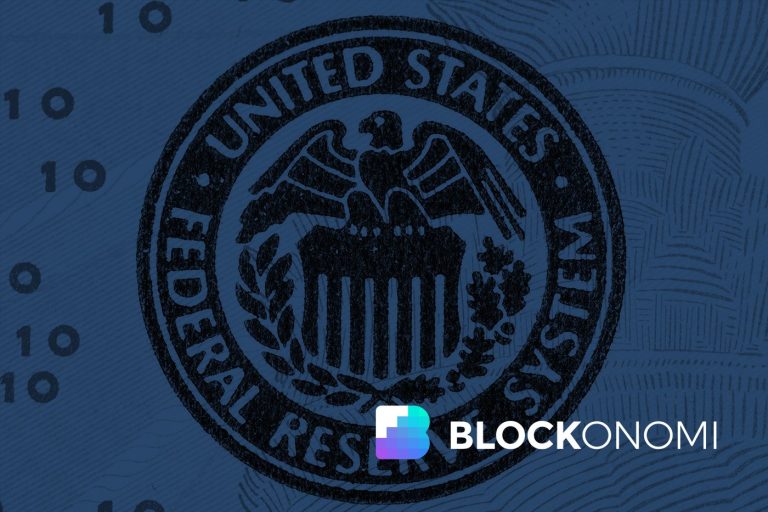
South Korea is revolutionizing its fight against tax evasion, harnessing cutting-edge AI technology to uncover hidden cryptocurrency holdings. In a landmark case, tax officials in Jeju City seized Bitcoin and other digital assets worth approximately $230 million won ($165,458) from delinquent taxpayers. This initiative underscores the increasing trend of integrating technology into governance to foster transparency and revenue growth.
A Game-Changing Discovery Using AI
Jeju City, located in South Korea’s island province, recently conducted a deep probe into nearly 3,000 residents with overdue tax bills. AI-powered tools, combined with exchange data from major platforms like Upbit, Bithumb, Coinone, and Korbit, allowed officials to detect assets hidden by 49 individuals. These residents collectively held crypto worth over 230 million won, prompting swift action from authorities.
The process didn’t stop at identification—officials froze and seized these crypto holdings by designating exchanges as third-party debtors. This legal step is part of a broader national effort that’s seen over $180 million worth of cryptocurrency confiscated since 2021.
How the Crackdown Impacts Everyday Crypto Users
Regulations are tightening not just for tax delinquents, but for all South Korean crypto users. More than 16 million citizens actively trade on crypto exchanges, and the new wave of AI-driven analysis will make it harder for individuals to evade taxes by hiding digital assets. While stricter controls may appear daunting, they’re laying the foundation for a fairer financial ecosystem.
Financial experts suggest this could compel crypto traders to manage their holdings more transparently. For those new to cryptocurrency investments, looking into tools like the Ledger Nano X hardware wallet, a highly secure way to manage and store cryptocurrency, can be an excellent step toward responsible investing.
What’s Next for South Korea’s Crypto Regulations
South Korea is proving itself a global leader in regulating digital assets. Following legislation in 2021 empowering authorities to seize digital holdings, cities like Seoul and Paju have spearheaded similar crackdowns, recovering significant tax revenue. Meanwhile, South Korean banks are ramping up their crypto and stablecoin initiatives ahead of new legislation, signaling a holistic approach to the financial revolution.
Hwang Tae-hoon, head of Jeju’s Tax Division, summed it up perfectly: “We will continue to bolster our response to tax evasion to uncover hidden assets like crypto. We will use AI-based information analysis. This will help us boost tax revenues and foster a culture of honest tax payment.”
As more nations observe South Korea’s success, it’s likely that AI-powered regulatory mechanisms will soon become a global trend. Stay informed about these changes to navigate your crypto journey effectively.



